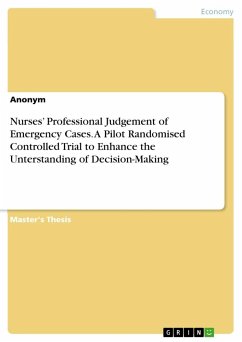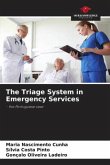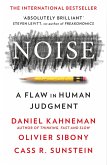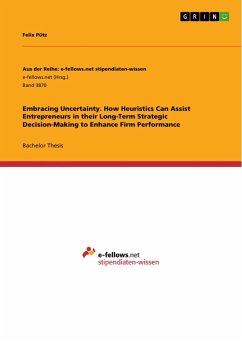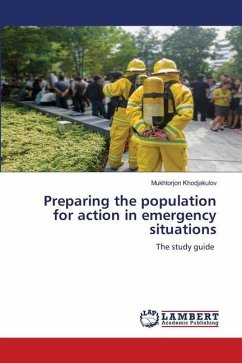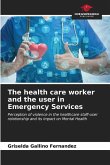Master's Thesis from the year 2023 in the subject Business economics - Business Management, Corporate Governance, grade: A, University of Malta (Ecnonomics, Management, Accountancy), course: Management, language: English, abstract: This study serves as a pilot project utilizing simulation-based research tools to enhance understanding of decision-making processes and judgments in critical, clinical contexts. The aim is to conduct a 'noise audit' simulation to capture decision outcomes and analyze variances resulting from judgmental errors, particularly from a 'non-practitioner' standpoint. A blinded, randomized controlled trial employing Simulation-Based Research (SBR) methods was conducted with control and experimental groups. Participants used a custom web-application to self-report mood, score triage judgments on fictitious emergency cases, provide justifications, and share personality traits. Sessions were held at hospital administration buildings and university campuses, with no interaction with academic personnel on setup. The study explores the concept of smoke detectors in managerial decision-making, recognizing errors and judgments as inherent to decision processes faced by organizational leaders and decision-makers. Bias and noise, identified as contributors to errors, are examined, with bias referring to systematic distortion and noise to variability or randomness in decision information. Empirical studies have demonstrated their impact, particularly in medical decision-making. Strategies such as bias recognition training and noise reduction through multiple information sources can mitigate human error. The study aims to deepen understanding of decision-making in critical contexts through simulation-based research tools.

